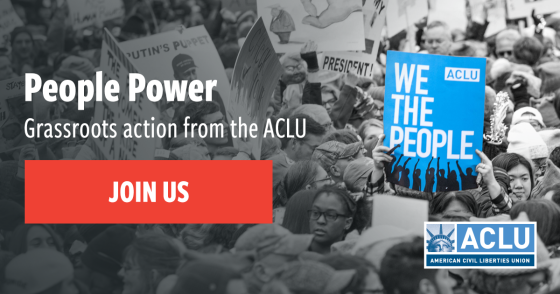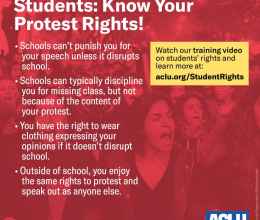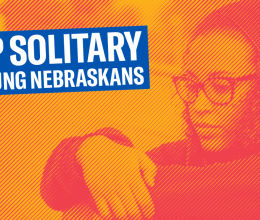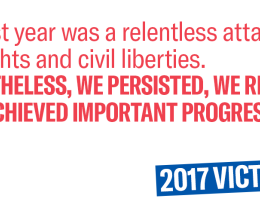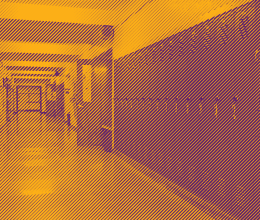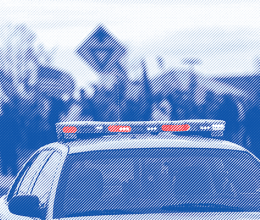
By Traci Lenigan
A parent should be able to put their faith in an officer who is there to keep their children safe, but based on our experience, I am concerned about having police in school. In our case, they did more harm than good. Parents should be able to believe what a school police officer, also known as a school resource officer (SRO), says about an incident and what they recommend for their children is in the child’s best interest. Parents should not have to double-check and make sure what the SRO is reporting and recommending is correct. My son would have had to deal with these charges had I not stepped in.
Here is our family’s story and why we are calling for greater awareness of how school police programs impact families and fighting for meaningful reforms on behalf of all families:
On May 4, 2018, I dropped my son off at school and I received a call 45 minutes later. He had been in a fight and the school requested that I pick him up and take him to the hospital. They told me he had cuts over his eyes and lips. The bleeding was under control by the time I arrived but they advised that I take him to the hospital. After examination, the medical staff decided not to stitch or glue the cuts due to their locations in the folds of his eyes.
Several days later, his dad and I met with the principal and discussed our concerns. The principal was not at the school the morning of the fight and didn’t know many of the details at the time due to his absence, but he informed us that we could press charges. My son received a three-day out-of-school suspension. It was never mentioned to me that he had been officially ticketed by a police officer. If we had known, we would have pressed charges.
The assistant principal later told me that he had been defending a girl’s honor when the attack happened and that he did not start the fight. One boy had come up behind him, punching him above the eye. Many students witnessed the fight, and several had taken video of it on their phones.
On May 10, I asked the principal if he'd seen the video of the fight. He had not. I had my son send it to me and then I forwarded it to the principal. After the principal viewed it, he said I definitely had a case if I sought to press charges. He said it didn't have to be done immediately and we could think about it. We decided that the school would handle the punishment and would emphasize to the boy who cut my son's eye and his parents the severity of the situation.
On June 8, I received a letter from the Douglas County Attorney informing me that my son had been referred to a Diversion program. I was caught off guard as I didn’t know that he had been in contact with police for a disorderly conduct charge. This was my first notification that he had been charged.
I immediately called the Juvenile Division office employee I had received the letter from, but since it was Friday, I did not get a response until the following Monday. I went to the police precinct to obtain a copy of the report. I then learned that the officer who had written the report didn’t mention the boy who cut my son's eye at all. The officer’s report clearly says there were over 60 witnesses to the fight and cell phones were confiscated during the next few hours of school, but none of that evidence was brought to light. I wondered who was protecting this boy who hurt my son and why his name was not included in the record of the incident. Why would the victim of an attack have charges filed against him when one of the attackers wasn't even mentioned?
I then got the copy of the police report and explained my frustrations to the Juvenile Services Specialist about not knowing there were charges filed against my son and shared my son's explanation, what the video shows, what the report said, etc.
I asked to speak with Officer Kinsey, the school resource officer who filed the charges against my son. To this date, Officer Kinsey has not called me. A redacted copy of the report that I requested shows that the officer indicated that they called me. This is untrue. Although there would not have been time to meet with the SRO when I arrived to take my son to the hospital, I was not asked to meet then or at a later time to discuss what had happened.
If I had taken the officer's words and report, I would have blamed my son for something he had not done. I do not understand how a school police officer, whose job is to protect the students, keep them safe, and help keep order in the school environment would cite my son, a victim, and refer him to diversion. Instead, I had to find information about the incident myself to protect my son from false charges.
It's time for us to work together to ensure school police programs stay focused on keeping kids safe from external threats, not fueling the school-to-prison pipeline.
